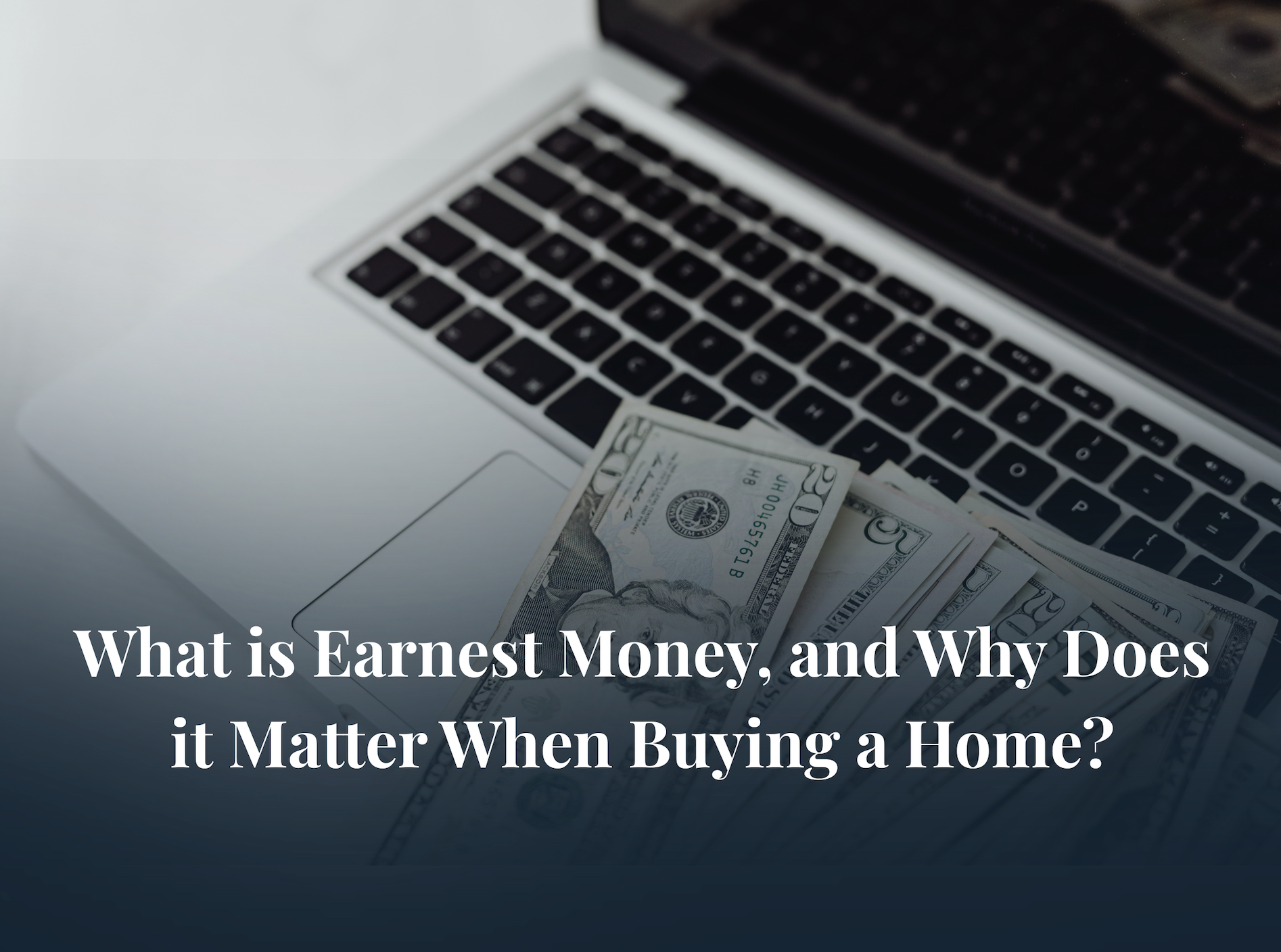Categories
Earnest MoneyPublished July 23, 2025
What Is Earnest Money, and Why Does It Matter When Buying a Home?

What is Earnest Money, and Why Does it Matter When Buying a Home?
If you’ve started the process of buying a home, chances are you’ve heard the term “earnest money” come up. It’s a small piece of the puzzle—but it carries big weight in showing a seller that you’re serious about your offer.
In our latest video, we break it down by comparing earnest money to something more familiar: a security deposit. Just like a deposit shows a landlord you're committed to a lease, earnest money shows a seller you're committed to buying their home.
So how does it actually work?
💰 What Is Earnest Money?
Earnest money is a good faith deposit made by a buyer once their offer on a home is accepted. It’s typically held in an escrow account until closing.
🔑 Why Does It Matter?
It protects both parties—and shows your offer is legit.
-
If you back out for no reason: The seller gets to keep the money. This protects them from buyers who aren’t serious.
-
If a contingency isn’t met (like financing, inspection, or appraisal): You can walk away—and get that money back.
-
If all goes smoothly: The earnest money is applied to your closing costs or down payment. It’s not extra—it’s just paid upfront.
Buying a home can feel overwhelming, but understanding the small pieces—like earnest money—can make a huge difference. Want more tips like this? Follow along or reach out with questions. We're always here to help you navigate the home buying journey confidently!
🎥 Watch the video here to learn more!
Click Here!






